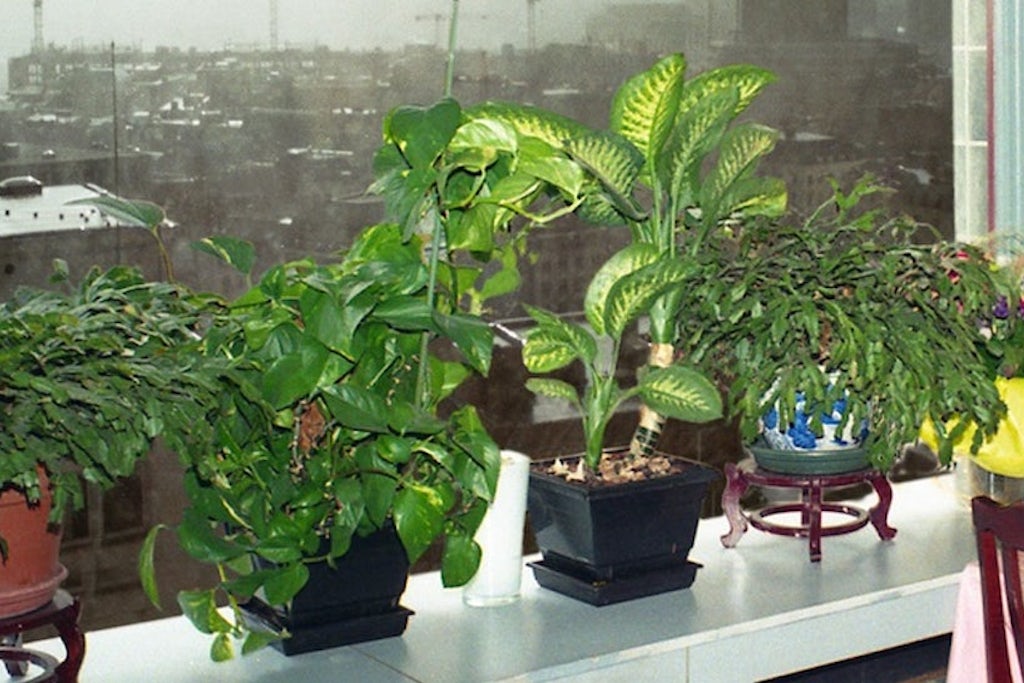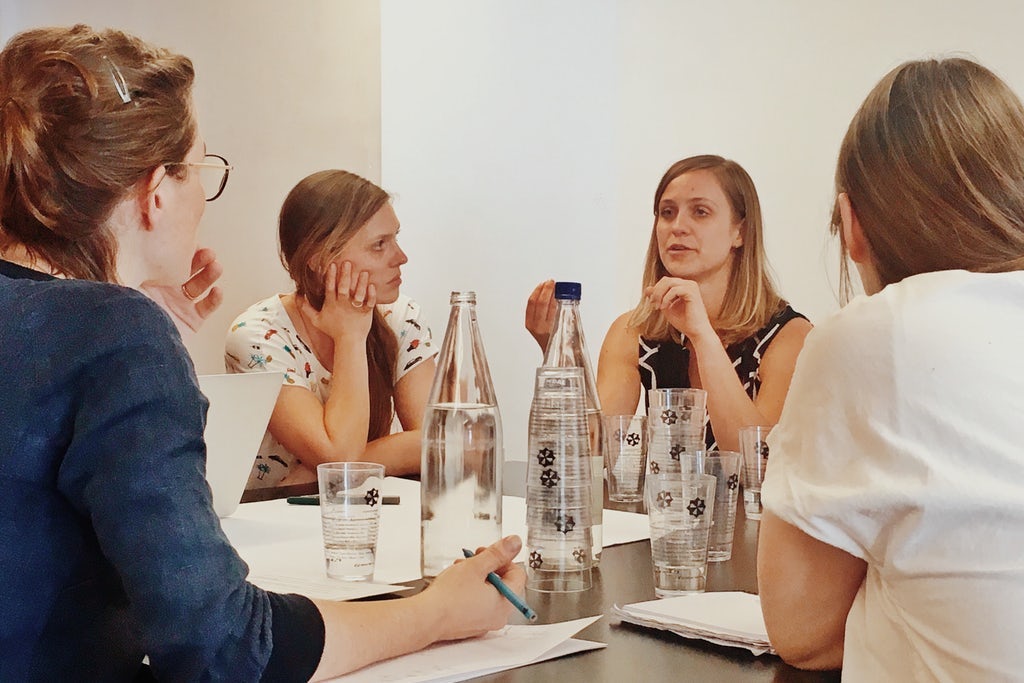
Personal statement on the international #7: Sharing common concerns, and possible solutions

To complement the research and reflection done in this trajectory we hosted inspiration sessions to discuss the alternative and sustainable ways of working internationally in the arts. Performing artists Einat Tuchman, Benjamin Verdonck and Rósa Ómarsdóttir presented their cases and shared their experiences. To conclude, we asked them to write down a personal statement.
I came to Belgium seven years ago to study at P.A.R.T.S. After my training I decided to stay in Brussels but since my graduation I have been working every year in Iceland as well. I have always felt some kind of responsibility towards the scene there. I think this is typical of smaller communities. But even if I wanted to work more in Iceland, it is just not possible because of a lack of funding there. The risk of living in a place mainly because of work can be that everything in your life becomes about work. As an artist you are constantly in residencies and you mainly meet people who work in the same field. I wrote down a list of suggestions that I can share with other artists about how to create a sense of belonging, how to feel at home somewhere. One piece of advice is to ‘try to have some friends who are not in the same field as you’.
In 2016 I started the research project Secondhand Knowledge. Much of my own knowledge is actually second-hand knowledge. When I was younger, there were hardly any foreign dance shows in Iceland so I saw a lot of work through YouTube clips and I made up the rest of it. In fact, my generation was really influenced by work that we completely misunderstood. Second-hand knowledge can best be described like the game of Chinese whispers. A word gets passed from one person to the next in a whisper and gets distorted in the process. It is a social form of knowledge, a knowledge where you rely on the account of others about a certain topic. In this project we question this hierarchy of first- and second-hand knowledge and the dichotomy between the two.
This notion of second-hand knowledge is often felt more in countries that are either geographically or culturally considered peripheral because of their isolation or for economic reasons. They have little contact with or direct links to the larger international dance scene. Often they are considered as lagging behind or exotic. But of course you can also question what ‘the centre’ is. And in this project we really question the sort of bad reputation this notion of second-hand knowledge has and the dichotomy between first and second.
We travelled to different places that were in some way peripheral or isolated. I visited Syros, a small island in Greece as well as Aarhus in Denmark, Reykjavík, Cyprus, Zagreb, Riga and Trondheim. In each place we stayed for two weeks. What we did there was twofold: first, we conducted a workshop where we worked with local dance artists. During each workshop we started by talking, by mapping out and sharing our ideas about how we relate to this notion of second-hand knowledge. We mapped out our influences: what are they and where do they come from. ‘Who do we owe our practice to?’ was the guiding question. Secondly, I interviewed different people who were in some way related to the local dance scene: dancers, choreographers, teachers, dramaturges, producers etc. From these interviews we then created what we called The Anonymous Autobiography of the Dance Scene in each location. This is a script edited together from all the interviews, written in the first person, about the dance scene in that place. In these interviews, the concerns of each dance scene become clear. At the end of each residency we shared this ‘Autobiography’ through a little performative practice with the audience.
My travels with this project made me realise that there are a lot of common concerns. Dance scenes are struggling everywhere. To avoid burnout, most people seem to need a greater sense of community, and in those places where they seem to have this sense of a scene they can belong to and be a part of, people seem to be more able to persevere and to avoid burnouts.

Another concern is the lack of visibility. The people sustaining these dance scenes often feel the need to travel to the bigger or more ‘central’ countries like Belgium, Germany and France to get recognition. I worked with those who decided to stay behind. Because of their precarious situation, they have to come up with creative solutions: in Syros, for example, they created a festival and residency space to bring people to the island and to encourage people to stay. In Copenhagen the artists had morning classes every day, even if there were only two people who showed up. They persisted and in the meantime they created a festival. In Riga there was not enough money for a dance house, so some artists created a pop-up dance house. In Trondheim, artists formed a dance company that is completely self-organised. I try to share these solutions with the other places I go to.





